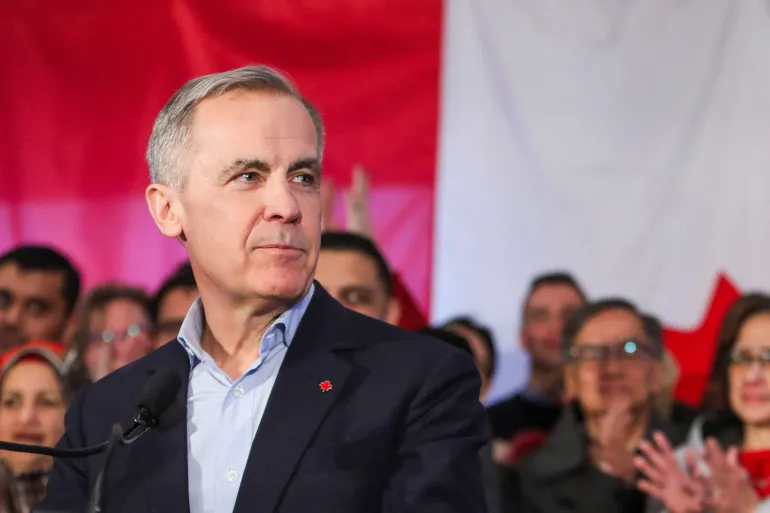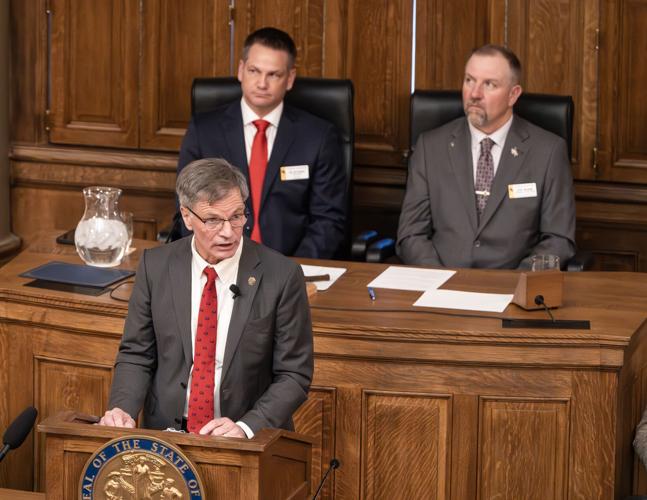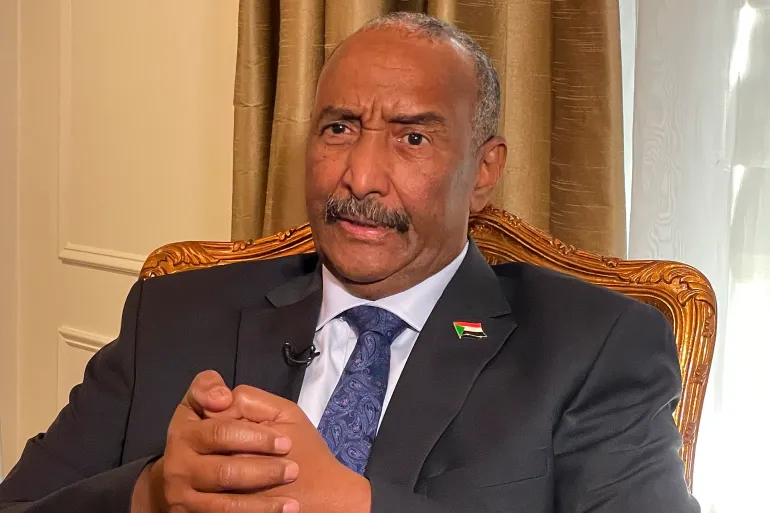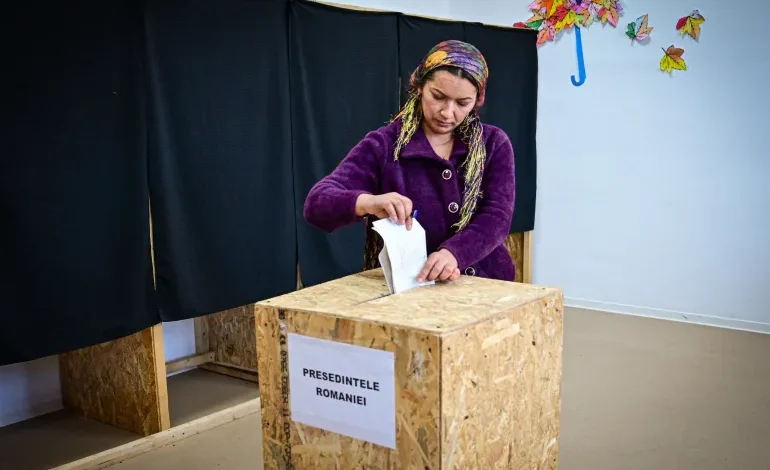Romania will hold a new presidential election in May, the government announced Thursday, following the controversial annulment of the December vote, Al Jazeera reports.
The decision, approved in a cabinet meeting, sets the first round of voting for May 4, with a potential runoff on May 18 if no candidate secures over 50% of the vote in the first round.
The political landscape of the EU and NATO member state was thrown into turmoil after the surprise first-round victory of Calin Georgescu, a relatively unknown far-right politician, in the November 24 election. Romanian officials have attributed Georgescu’s unexpected success to a massive social media campaign, particularly on TikTok, which they allege provided him preferential treatment. TikTok has denied these accusations, but the European Commission has launched formal proceedings against the platform for its suspected failure to limit election interference, specifically in the Romanian vote.
Georgescu has vehemently denounced the annulment of the original election as a “formalized coup d’etat.” His supporters, led by the far-right Alliance for the Union of Romanians (AUR) party, have staged two large-scale protests in Bucharest over the past week. Tens of thousands of demonstrators took to the streets on Sunday, demanding the resignation of President Klaus Iohannis, a liberal who remains in office until his successor is elected.
In response to the controversy, the government, led by Prime Minister Marcel Ciolacu, issued a decree aimed at preventing future election meddling. The new rules stipulate that all campaign materials must be clearly marked as election content and identify their sponsors. Social media platforms are now required to remove content that violates these rules within five hours of a request from Romanian election officials, facing fines ranging from 1% to 5% of their turnover for non-compliance.
However, the government’s actions have drawn criticism from Romanian rights groups, who argue that the decree was issued without public consultation. They also contend that the new regulations fail to address the core issue of campaign financing transparency.









